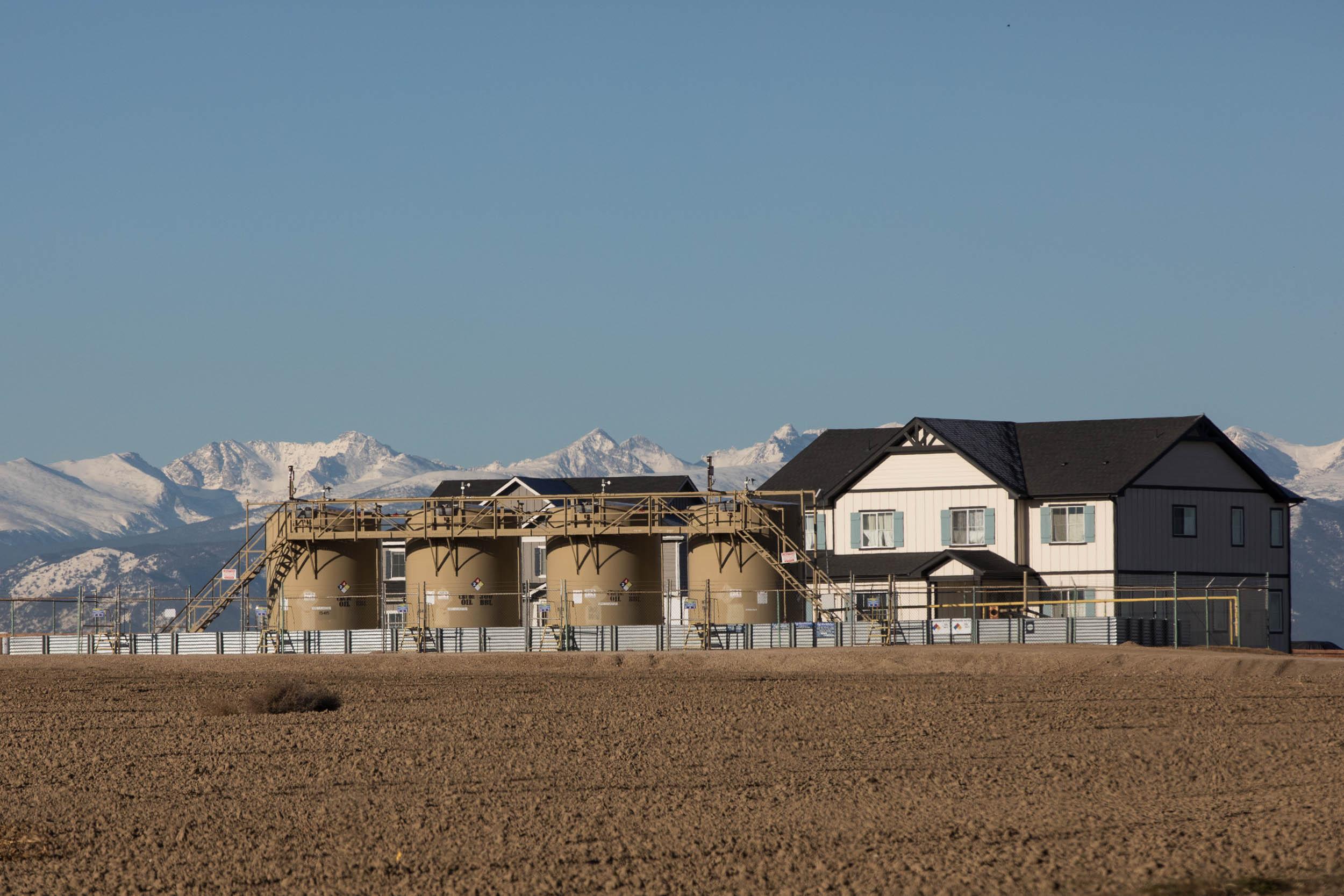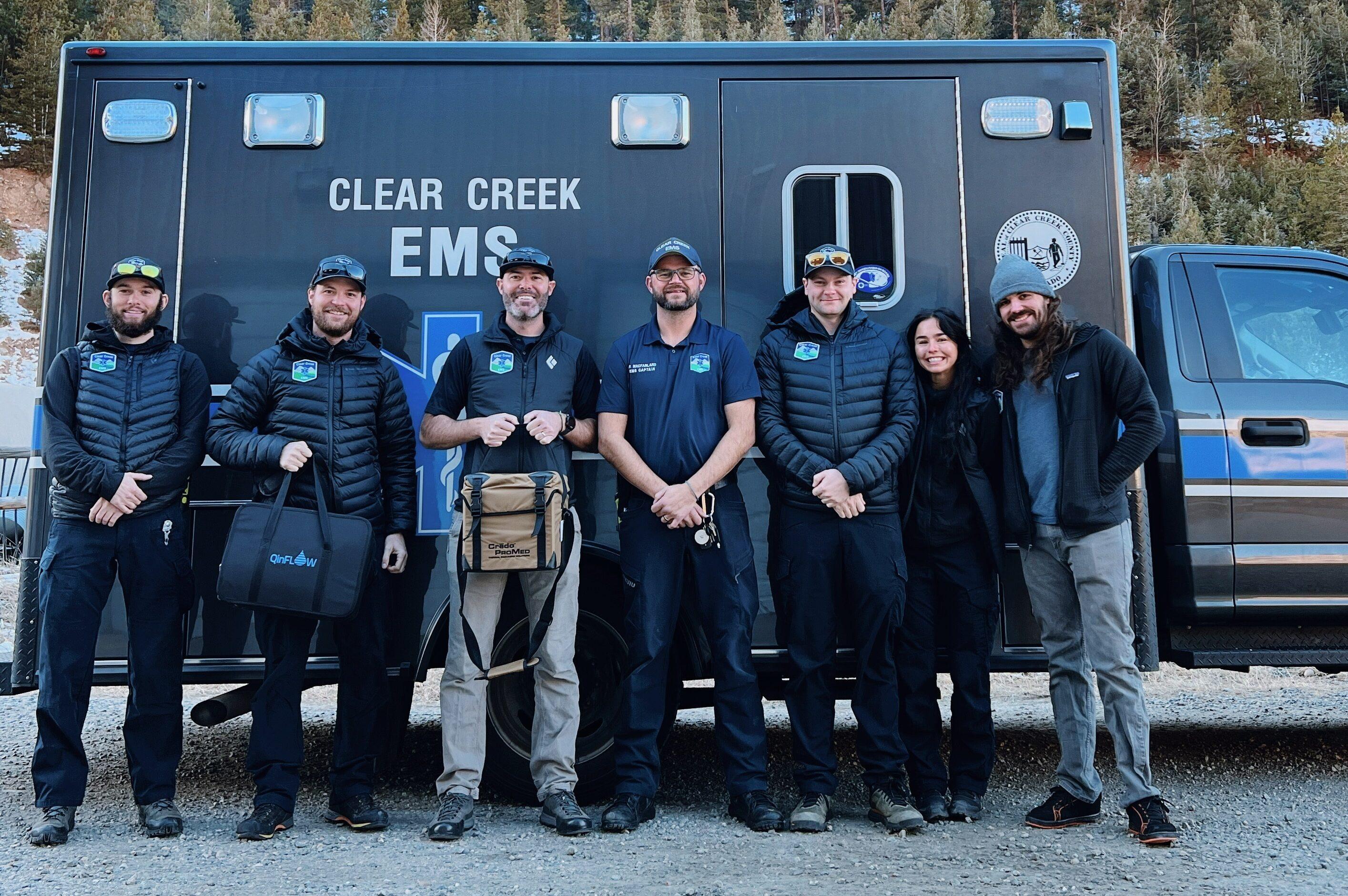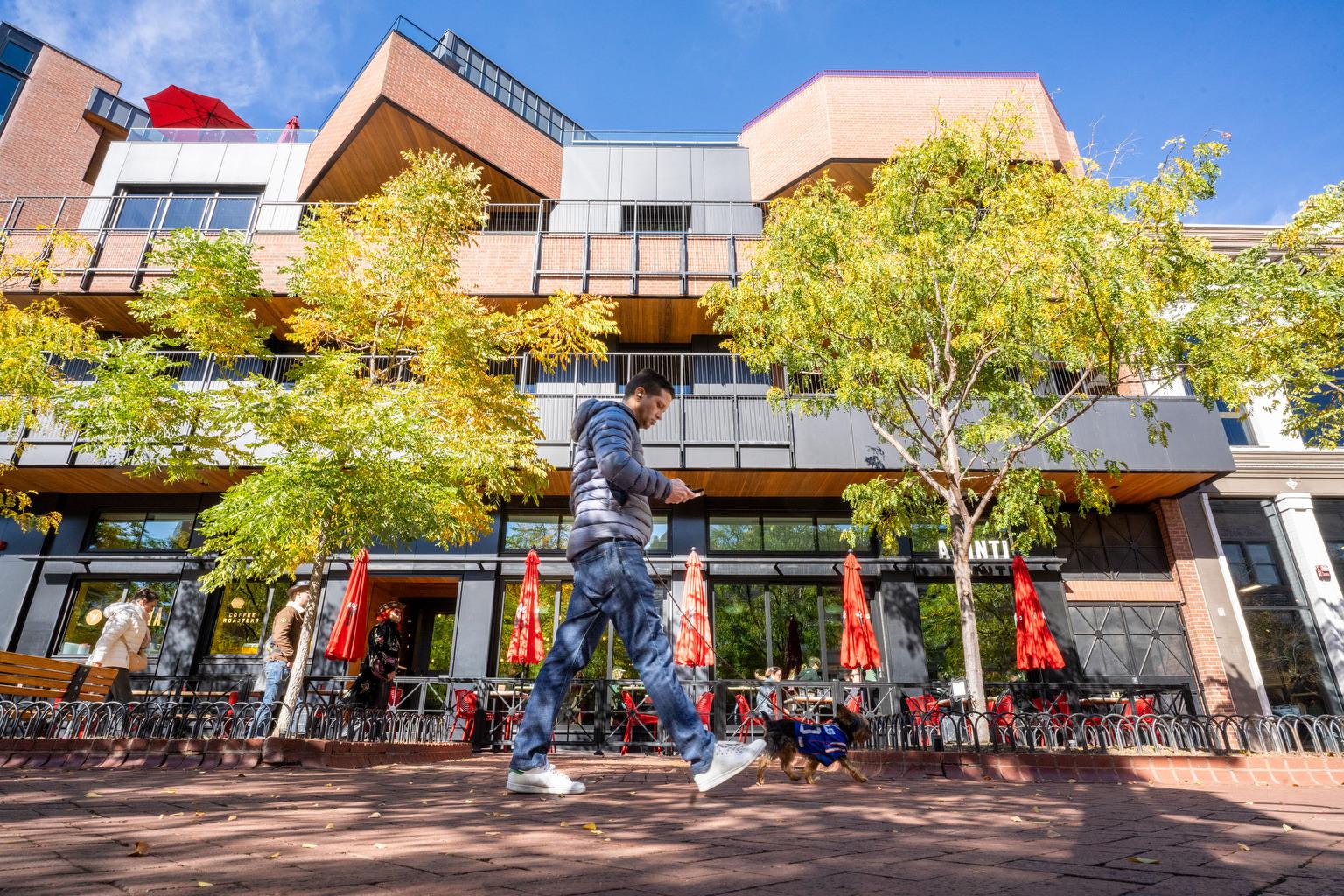
On Tuesday, Colorado Rising, the state’s leading anti-fracking group, announced it had submitted language for six new ballot initiatives to state election officials.
Five of them are either replicas or close cousins of Proposition 112, which lost in the midterm election. The other would require oil and gas companies to post a far more expensive bond for new wells. The money would help the state manage so-called “orphan wells” the industry leaves behind.
If any of the initiatives make the ballot, Colorado voters could be at the center of another brawl over oil and gas development. The industry poured nearly $40 million into defeating Proposition 112, claiming the plan amounted to a statewide hydraulic fracturing ban. TV ads and billboards proclaimed that Colorado’s economy hung in the balance.
Any of the proposals would need 124,632 valid signatures to earn a place on the ballot.
In a written statement, Dan Haley, president for the Colorado Oil and Gas Association, said Coloradans should "decline to sign" those petitions.
“This is déjà vu all over again. Last election, Coloradans decisively defeated an energy industry ban that would have shredded private property rights and put working families on the unemployment line. Now, keep-it-in-the ground activists are back, pushing the same extreme measure and a few ‘112 lites,’" he said.
In 2018, Colorado voters soundly defeated an attempt to move oil and gas drilling 2,500 feet away from homes and waterways. It appears the loss hasn’t deterred the state’s fracking opponents.
“We wanted to take into account the feedback we got in the 2018 election cycle. So you’ll see that reflected in the different versions we’ve submitted,” said Anne Lee Foster, a spokesperson for Colorado Rising.
More info: pic.twitter.com/iXZ2tZE79T
— Sam Brasch (@samuelbrasch) January 7, 2020
Colorado Rising does not plan to run all of the ballot initiatives. By taking a shotgun approach, the group hopes to gauge which measure has the best chance before voters in November.
Of the five plans sent to state officials, one is identical to Proposition 112. Another includes Superfund sites in the definition of “vulnerable areas” that would require protection from drilling. The original initiative only included places like buildings, playgrounds and waterways.
The other versions are less restrictive. Two of them would give landowners a “right to waiver,” meaning they could allow drilling to take place closer to occupied structures. Another two put the drilling setback at 2,000 feet rather than 2,500 feet.
The bonding initiative would require oil and gas operators to post a minimum $270,000 bond per well. That’s a vast increase over current regulations. Companies now post a $10,000 bond to help the state reclaim any well less than 3,000 feet deep. For a group of more than 100 wells, companies must put up $100,000.
The new ballot push follows an overhaul of Colorado’s oil and gas regulations. In the last legislative session, Colorado Democrats pushed SB19-181 through the state capitol, which promised to hand local communities more control over oil and gas development and redirect state regulators to make health and safety their top priority.
Gov. Jared Polis made an audacious proclamation when he signed the legislation in April. “It is our hope that the oil and gas wars that have enveloped our state are over,” he said.
Since then, the Colorado Oil And Gas Conservation Commission has been working on new rules to meet the requirements of the law.
Anne Lee Foster, the Colorado Rising spokesperson, said the legislative approach hasn’t done enough to restrict industry practices. While it has complained about a stiffer regulatory environment, the industry continues to expand its operations in Colorado.
“We have earnestly participated in the legislative and rulemaking process for the past year and have seen little improvement in the overall protections for Colorado residents and the environment from industrial fracking activity,” she wrote in an emailed statement. “Therefore we will again take on the enormous task of running a ballot initiative. The health and safety of our communities and our global planet depend on it.”








